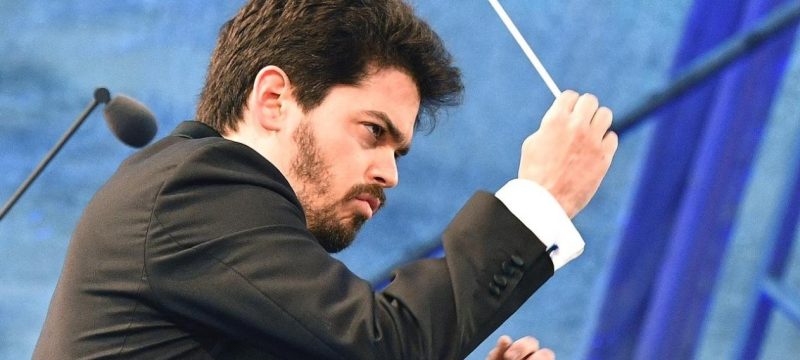A major cultural controversy has erupted after a Belgian festival cancelled a concert by the Munich Philharmonic Orchestra. The event, scheduled for September 18 at the Flanders Festival Ghent, was called off because of concerns over its future chief conductor, Israeli musician Lahav Shani.
Shani, who will officially lead the Munich orchestra from the 2026/27 season, is also music director of the Israel Philharmonic. Festival organisers said they could not obtain “sufficient clarity” about his position regarding the Israeli government, which faces global criticism for its military campaign in Gaza.
In their statement, the organisers explained they would not work with partners who had not clearly distanced themselves from what they called a “genocidal regime.” At the same time, they acknowledged Shani had previously expressed support for peace and reconciliation.
The decision has sparked strong international reactions. Germany, a close ally of Israel, condemned the move. Culture Minister Wolfram Weimer described it as “a disgrace for Europe” and accused the festival of enforcing a cultural boycott under the cover of political criticism.
Belgium’s own leadership appeared divided. Foreign Minister Maxime Prevot distanced himself from the cancellation, calling the decision “excessive.” He stressed the importance of keeping cultural spaces open, even in times of political conflict.
The case highlights a growing debate across Europe about cultural boycotts, freedom of expression, and the influence of global conflicts on the arts. With tensions over the Gaza war continuing, decisions like this are drawing scrutiny not only from political leaders but also from artists and audiences worldwide.
For now, the cancellation of the Munich Philharmonic’s appearance remains a flashpoint between Belgium, Germany, and wider international opinion.
For more on global media rights and the full findings, read the latest news on “Press Freedom Hits Lowest Point In 50 Years: Study”







